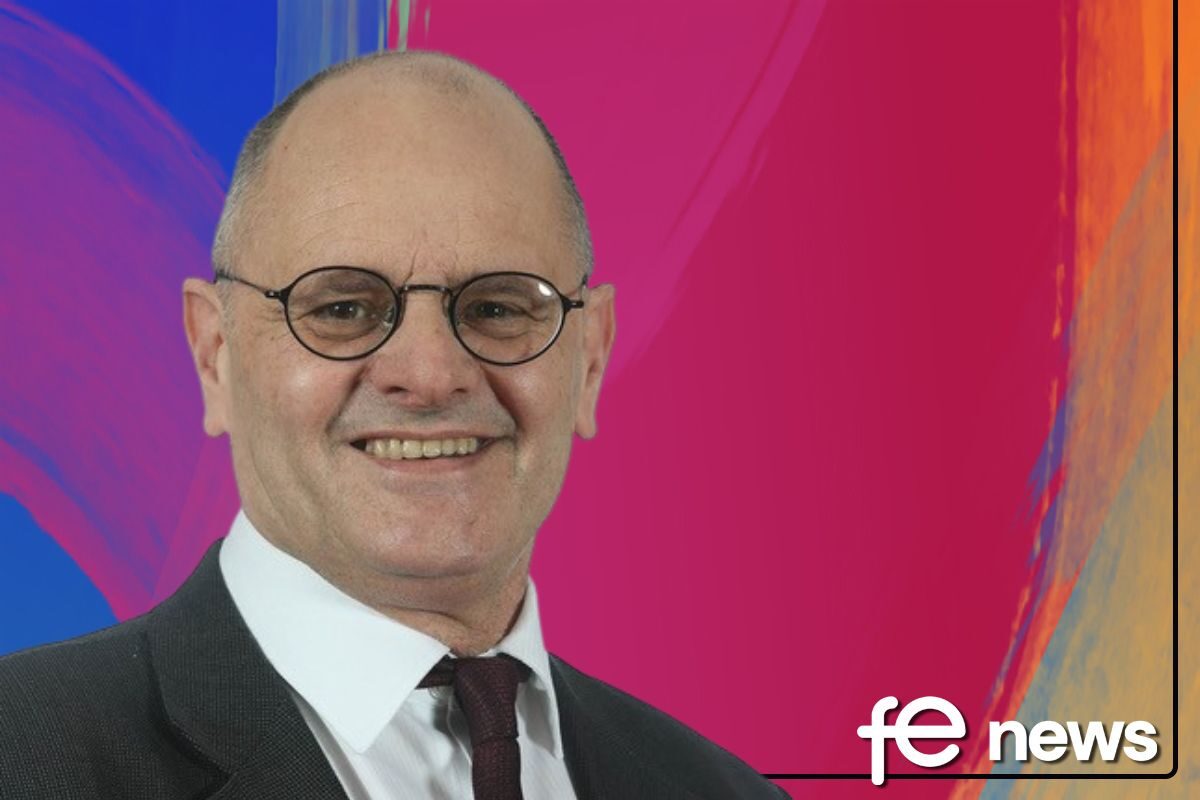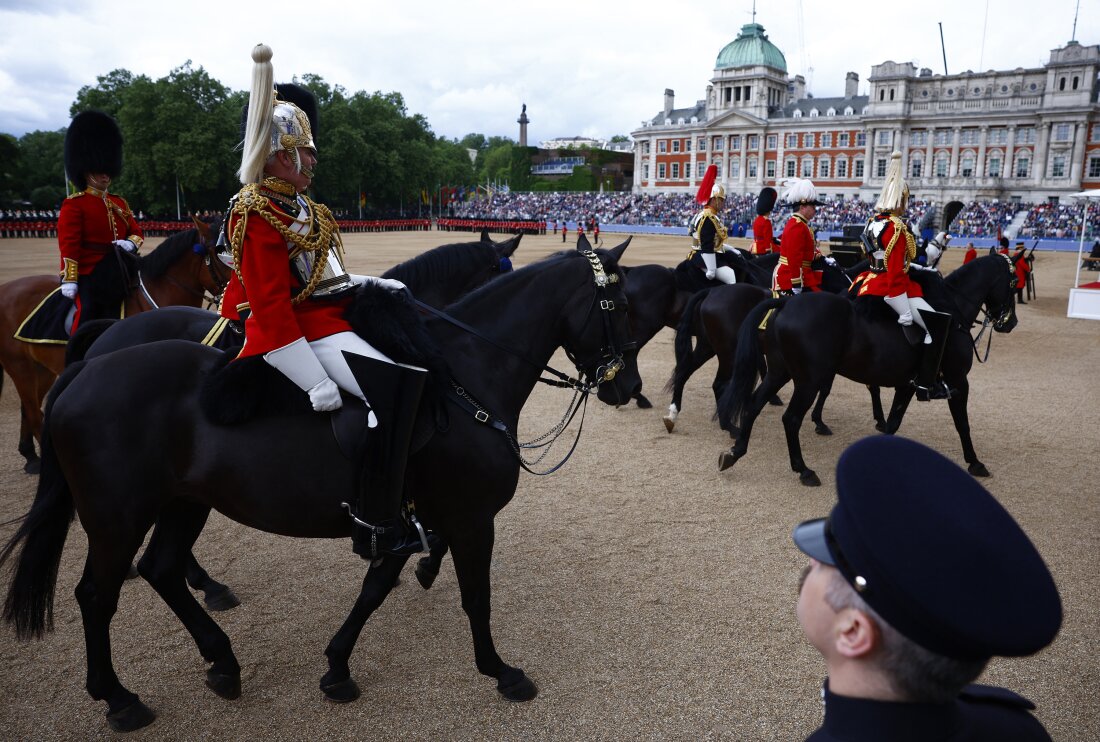ALL schools, colleges and apprenticeships are required to teach British Values, including democracy and an “understanding of how citizens can influence decision-making through the democratic process”.
Low Youth Engagement and Political Apathy
Yet, low turn-out in general elections and participation in politics as well as surveys reveal that less than half our young people believe it. Research conducted by the Duke of Edinburgh’s Award shows that just four out 10 18-to 24-year olds are likely to vote on July 4. Youth turn-out in the UK is the lowest of 15 members of the EU. Young voters under 24 in Sweden vote at double the rate of their peers in Britain. Two-thirds of those aged 18 to 34 feel that they know little about Parliament, our core political institution, compared to just under a half of those aged over 55.
There’s a class divide too. Three-quarters of the socio-economic group DE – the unskilled working class claim little knowledge compared to just over a third of the ABs – the professional middle-classes.
An important report, co-authored by Prof John Curtiss, “Damaged Politics”, reveals that there is now a record low level of trust and confidence in the UK’s system of governance. 45% of the public “almost never trusts British government to place the nation’s needs above party interests” with a staggering 79% believing that the current system of governing needs “significant improvement”.
For Curtiss and his colleagues events like Brexit, the Covid-19 pandemic and on-going economic problems have eroded trust whilst unhappiness with NHS waiting lists and financial hardship have further undermined confidence in national government.
Throughout the nation there has been a sharp demise in political engagement. Fewer people now actively support a political party, even fewer belong to one and a significant number express little interest in politics or civic affairs. Political scientists believe this years voters are more volatile in an age of “partisan-dealignment” and class dealignment. Extreme populist parties and movements of both the Radical Right, manifested in the rise of Nigel Farage’s Reform UK, and the far-left Workers Party led by George Galloway, all pose real challenges to the health of British democracy.
For Curtiss “Democracy is in crisis and urgent action is needed to restore public trust and confidence.”
Yet faith in politics and public affairs matters. If citizens don’t take part government from local to national level lose touch and legitimacy. This can lead to poor decision-making, instability and weak governance. Learning for democracy matters than ever before.
The Importance of Civic Education
You can’t take a car on the road without learning to drive, or pick the captain of Newcastle United without knowing anything about the game. Yet in the third decade of the 21st century we ask people to drive the political process and chose the next PM without learning how the democratic system works.
Politics in a liberal democracy like Britain is hard and demanding. It requires commitment, skills, civic knowledge and tenacity. If citizens don’t understand how democratic processes and institutions function or how to participate, too often they expect instant solutions to problems, lose faith or trust an may become alienated all together. Pluralism is eroded with a sense that the system works for the few and not the many.
As Titus Alexander of the campaign group, Democracy Matters, notes the most tricky problems facing a post-modern society like the UK are political, not technical or economic. Issues as diverse as child poverty, the cost-of-living crisis, climate change, housing shortages and social care need political application to create solutions which balance conflicting interests and priorities.
Education for democracy can increase people’s ability to help resolve problems at any level and promote life for all.
The Path Forward: Rebuilding Trust and Engagement
The next Parliament after July 4 will be dominated by talks and policies to address economic instability, securing green jobs for the future alongside re-building the NHS and tackling a broken adult care system. Of course central government won’t be able to tackle all the issues we as a nation face. Recent devolution has a key role to play with public support for English devolution at an all-time high.
Devolved combined authorities and the two elected Mayors for the North East and Tees Valley now have a meaningful budget and greater responsibilities for economic development, employment and transport in their respective regions.
This makes it even more important to renew our democracy and give the people the support, skills, know-how and confidence to engage in civic life. To reverse low levels of trust and involvement in the democratic process we need a high level of commitment from the next elected UK government.
By Stephen Lambert, Director of Education4Democracy CIC.
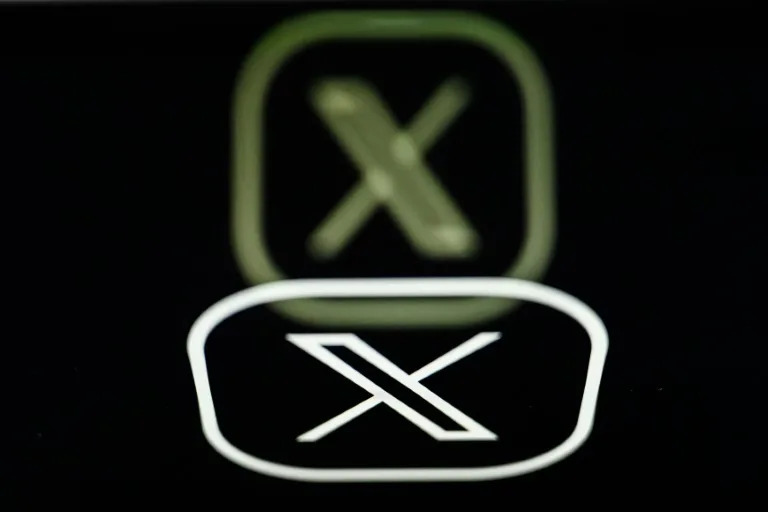


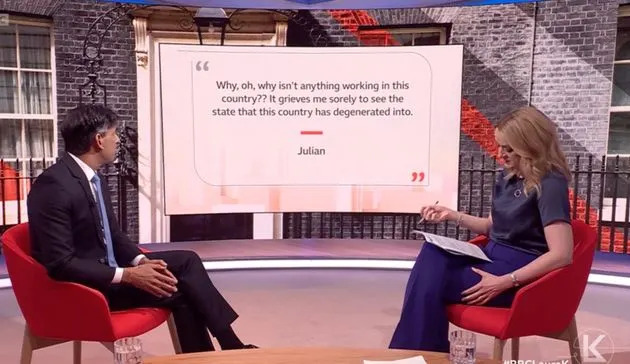
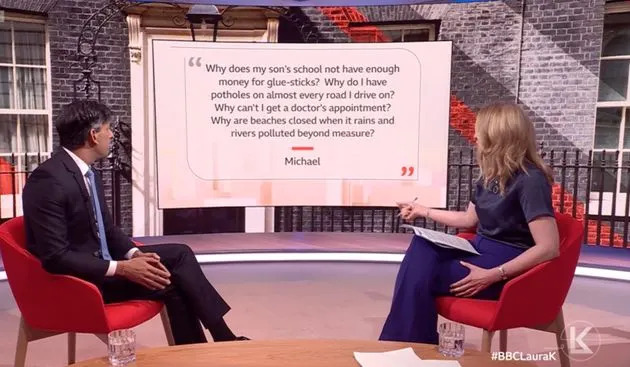

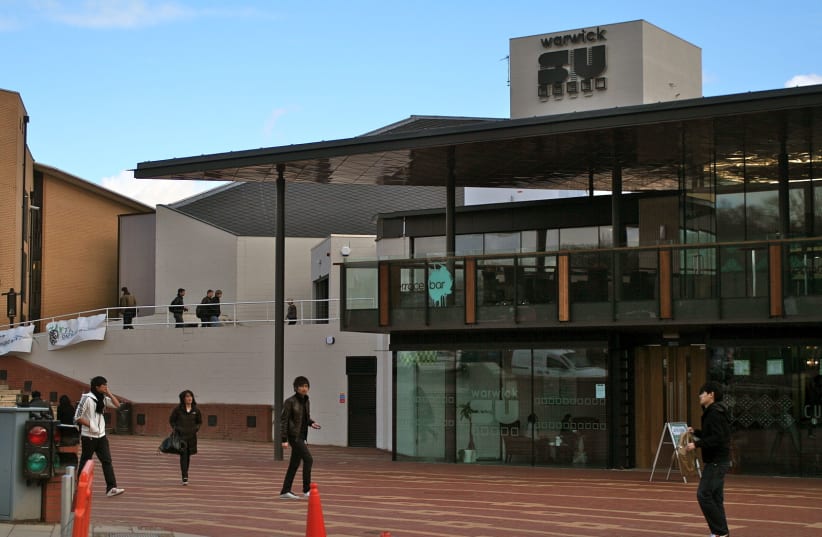
.gif)
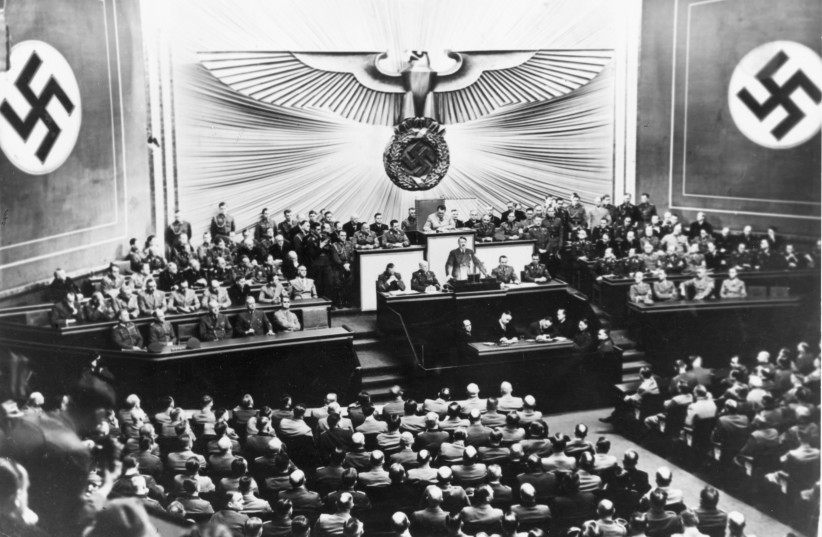



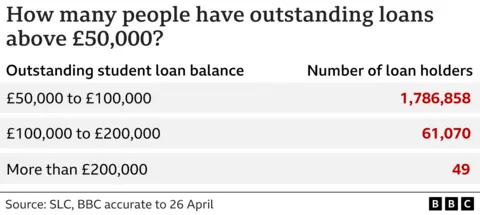
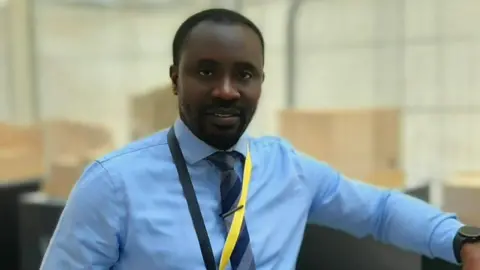

 Abbie Tutt
Abbie Tutt








